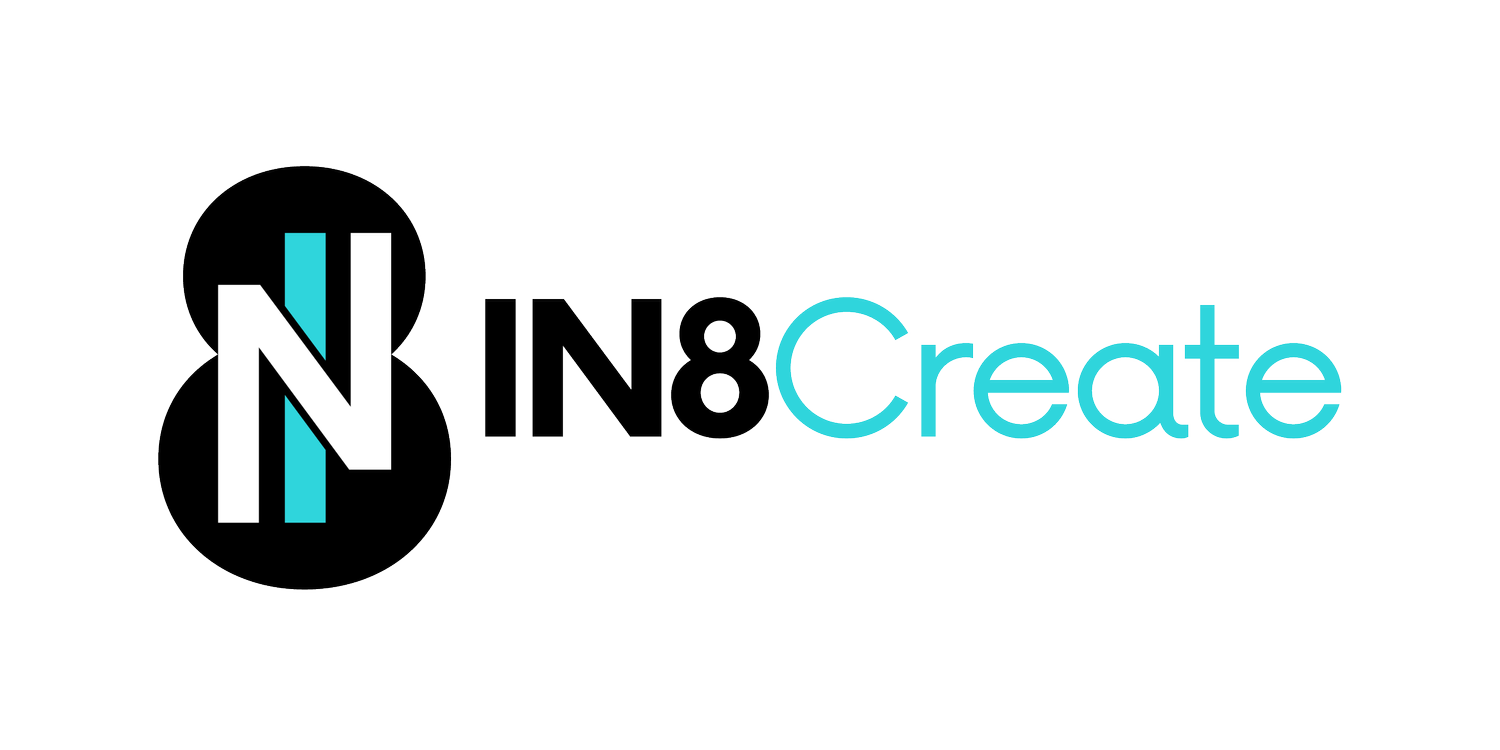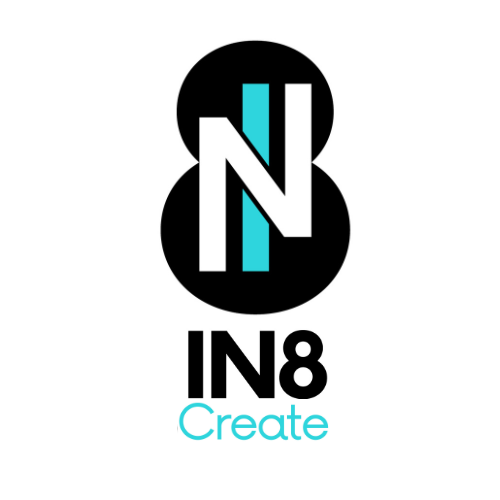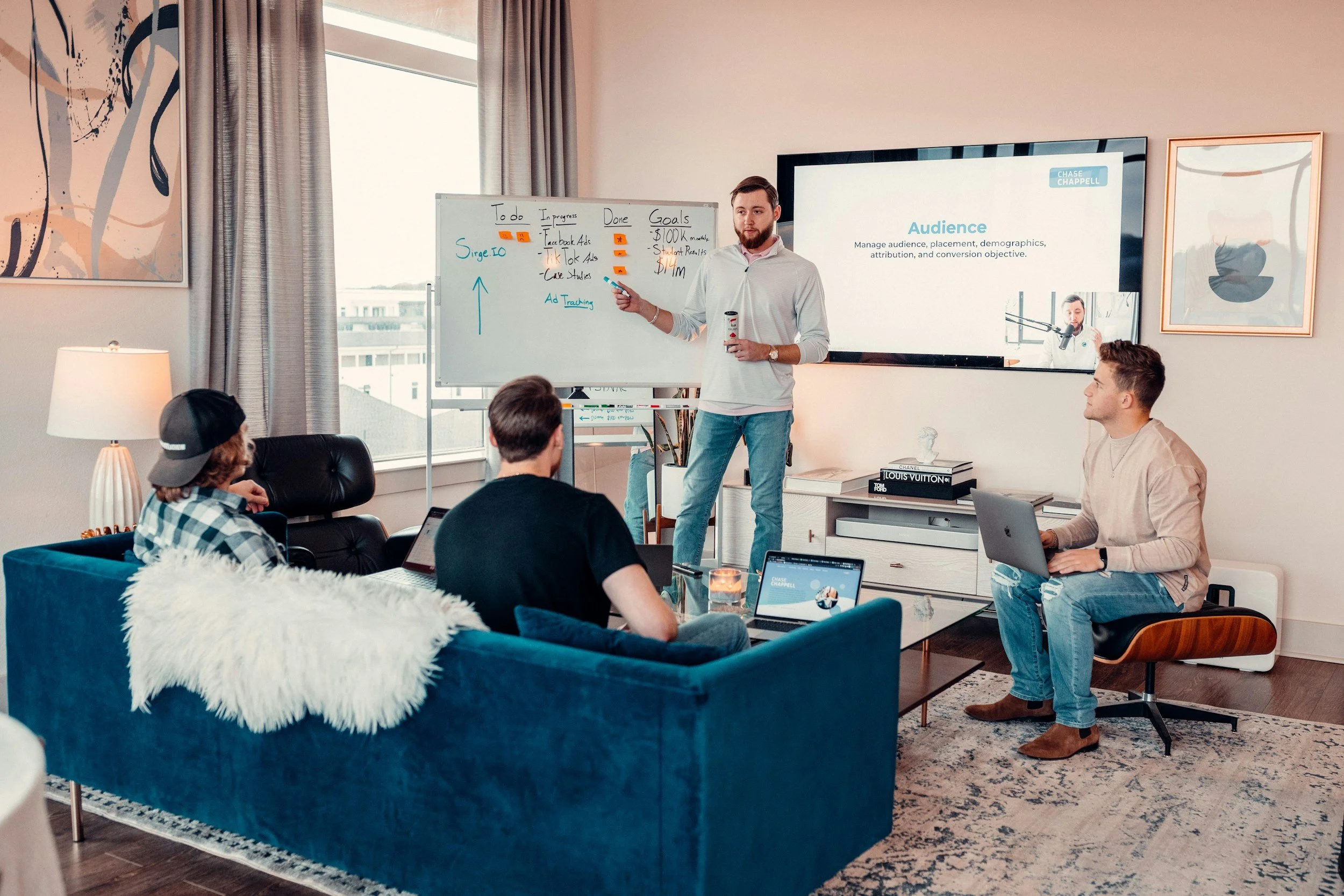How to Choose the Right Workshop Format for Your Corporate Offsite
The Critical Question Every Leader Should Ask Before Their Next Workshop
Whether you're planning an offsite or scheduling a one-off team session, this question matters more than you think. When you gather your team for any kind of workshop, you need to decide upfront: Are you trying to teach them something, or are you trying to accomplish something?
Let's be clear - there's no universally "right" answer. Learning comes in many shapes and sizes, and sometimes a fresh perspective or new framework is exactly what your team needs. But understanding the difference between lesson-based and outcome-based approaches can help you choose the right path for your specific situation.
The Lesson-Based Approach: Highlighting What Matters
Lesson-based workshops focus on sharing knowledge, introducing viewpoints, or illuminating concepts you want participants to learn or focus on. These sessions excel at creating shared experiences and highlighting important dynamics.
Take the classic "LEGO Builder" exercise that we get asked to run constantly. You may have heard of it: teams of 3-4 people where one person has the instructions, another acts as a runner who can communicate between the instruction-holder and builder, and the third person actually constructs the model.
It's popular for good reason - LEGOs are fun, and the exercise brilliantly highlights communication challenges when people have access to different information. The lesson, if participants latch onto it, is crystal clear: communication is hard, and you need understanding, patience, and fewer assumptions to succeed.
But here's the thing about lesson-based sessions - the application is often up to the individual participant. You can build in follow-up planning, but fundamentally, people walk away with insights they may or may not apply to their actual work.
Another popular lesson based exercise - The Spaghetti Tower Challenge
I used to run design thinking workshops for operations teams in previous roles. We'd explore ideation techniques, empathy mapping, or problem definition frameworks. The goal wasn't necessarily to generate amazing ideas (though we collected them anyway), but to share methodology steps. If participants took away just one new approach - whether it was better empathy, clearer problem statements, improved ideation, prototyping, or testing - it was a huge win.
The value of lesson-based workshops: They create shared experiences, introduce new frameworks, and give teams common language around important concepts.
The limitation: Application happens later (if at all), and it's largely dependent on individual motivation and follow-through.
The Outcome-Based Approach: Getting Real Work Done
Outcome-based workshops have a tangible deliverable - a shared decision, framework, prioritized challenge list, refreshed vision, or solved problem. You're doing actual work during the session while simultaneously getting the learning and shared experience benefits.
At IN8 Create, we're 100% outcome-focused. When your team spends time together, you should walk away with something concrete in addition to the insights and connection.
Think about it this way: instead of just learning about communication challenges, your team actually works through their specific communication blockers and creates agreements for how to handle them going forward.
The advantage of outcome-based sessions: You kill two birds with one stone. Teams gain new perspectives AND accomplish meaningful work that moves their goals forward.
Why we lean outcome-focused: Your team's time is precious. If you can achieve learning objectives while making real progress on actual challenges, why wouldn't you?
When to Choose Each Approach
Go lesson-based when:
Your team needs exposure to completely new concepts
You want to create shared understanding around a framework or methodology
You have time to plan proper application follow-up
Go outcome-based when:
You have specific challenges or decisions to tackle
Time is limited and you need immediate progress
Your team learns better by doing than by discussing
You want to ensure workshop insights translate into action
You'll get more value from your team gatherings when you're intentional about your approach. If you're bringing everyone together for an offsite, ask yourself: What do we need more - shared understanding or shared progress?
Sometimes a lesson-based experience that highlights challenges or aligns everyone around key values is exactly right. But if you can combine that learning with actual work toward an outcome, you'll maximize both your time and your impact.
Your team will thank you for it. Instead of another session they have to figure out how to apply later, they'll walk away with both new insights AND concrete progress on something that actually matters to their work.
Ready to design a workshop that achieves real outcomes while creating powerful team connection? We'd love to help you figure out what your team needs most.
Related Posts:
The Team Assessment That Speaks Human



